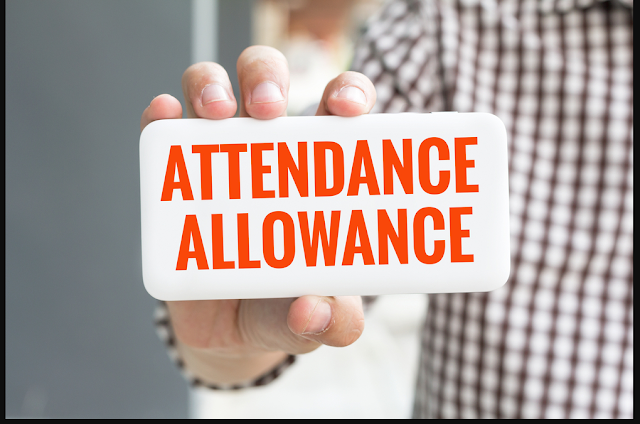VAT Challenges for Charities
Cheap accountants in London highlights several significant VAT concessions available to charities on their overheads, as well as the exemption on fundraising income that applies to non-profit organisations. A frequently asked question that a chartered accountant often asked is as follows: A charity requests that a client does work for or sells goods to them, but the client is not allowed to charge VAT. because The finance officer or treasurer of the charity will happily and enthusiastically wave a charity number at the client, completely believing what he or she is saying. Regrettably, such claims of universal VAT exemption are patently false!
The difficulty for advisers is to be aware of the VAT concessions available to charities, which means that certain goods and services they purchase are not subject to VAT or are subject to a reduced rate of 5% in some cases. These concessions are extremely valuable, and our expert tax return accountants in London will discuss a few of them in this article. Additionally, I will analyse the fundraising income exemption and emphasise the critical fact that this exemption is available to non-profit organisations as well as charities, for example, a members' golf club holding a dinner to raise funds to purchase a new lawnmower would qualify.
Rental charges
Given that rent and wages are frequently the two largest overheads for many charities, cheap landlord accountants in London will begin with the issue of rent and the possibility of overriding a landlord's tax election.
To begin, a landlord who has elected to tax a building must charge 20% VAT on all income earned from the building, unless it is residential property. Therefore, what is the position regarding charities and an override of the landlord's election?
To ensure that the charity uses the property (or a portion of the property, if there are clearly defined areas) for a clearly identified charity purpose other than administration, the charity must ensure that at least 50% of the property is being utilised for the identified charitable purpose.
While the charity is not required to complete a certificate, the landlord should request in writing that the charity certify its use of the building, with the letter signed by a senior officer of the charity, e.g. If a building is used for both charitable and commercial purposes (e.g. a charity shop), and the different areas are clearly defined, the landlord should apportion the rent fairly and reasonably.




Comments
Post a Comment